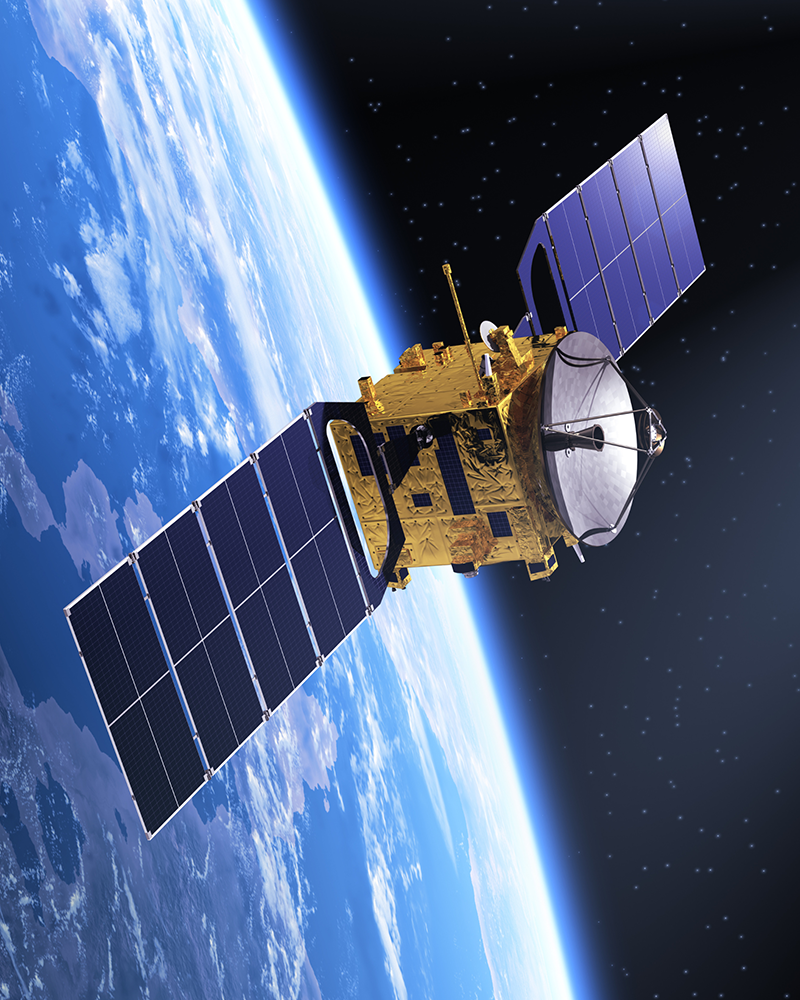Geology and Earth Sciences
A postgraduate geology and earth sciences degree allows students to expand their expertise in understanding the Earth’s structure, history, and dynamic processes, while applying advanced methods to address global challenges such as natural resource management and environmental sustainability. It provides a strong foundation in geoscience research while offering opportunities to specialise in areas such as volcanology, geophysics, hydrogeology, and environmental geoscience.
The programme offers the opportunity to study core subjects including advanced mineralogy, sedimentology, structural geology, geochemistry, and tectonics. Many courses also integrate field expeditions, laboratory analysis, geospatial modelling, and independent research projects, enabling students to develop technical expertise and analytical skills in real-world geological contexts.
Why study Postgraduate Degree in Geology and Earth Science?
Studying geology and earth sciences at postgraduate level is a chance to combine scientific investigation with applied problem-solving, preparing graduates for senior roles in natural resource exploration, environmental consultancy, hazard assessment, and geotechnical engineering. It also provides a strong platform for doctoral research and professional accreditation in geoscience fields.
Top Ranking Universities List for Civil Engineering
Entry Requirements
Academic Requirements
- Undergraduate degree in geology, earth sciences, geophysics, environmental science, geography, or a closely related field.
- Typical requirement: UK 2:1 or strong 2:2 equivalent.
- Applicants with degrees in physics, chemistry, biology, or engineering may also be considered if they demonstrate relevant scientific background.
- International qualifications must be equivalent to UK standards (assessed via UK ENIC if required).
Work Experience Requirements
- MSc Geology/Earth Sciences programmes: Work experience is usually not required, making them accessible to recent graduates.
- Specialist pathways (e.g., Petroleum Geoscience, Volcanology, Geotechnical Engineering, Environmental Geoscience):
- Professional or field-based experience may be an advantage.
- Internships, research projects, or fieldwork in mining, energy, environmental consultancy, or geological survey organisations can strengthen an application.
English Language Requirements
- IELTS Academic: Overall 6.0–6.5, with no band lower than 5.5 or 6.0.
- TOEFL : Overall score of 85–90.
- PTE Academic: Overall 60–65.
- Some universities may grant exemptions if previous study was completed in English.
Additional Application Documents
- Official academic transcripts and degree certificates (with certified translations where required).
- Personal statement explaining academic interests, research focus, and career ambitions in geology or earth sciences.
- CV or résumé highlighting education, research projects, fieldwork, and technical skills.
- Two references (academic or professional).
- Proof of English language proficiency (if applicable).
- Some universities may require evidence of field-based or laboratory training as part of undergraduate study.














